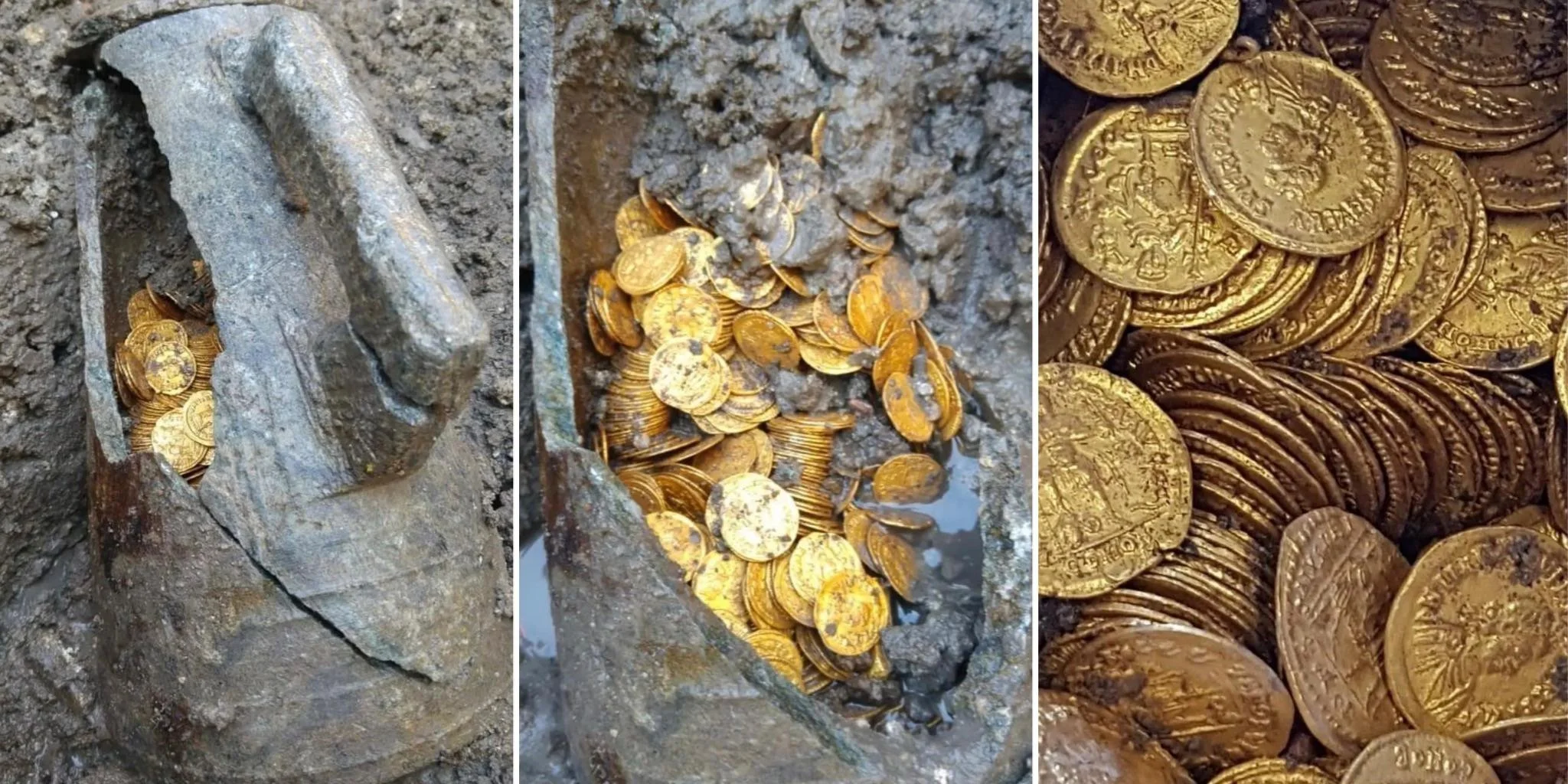The sudden death of Alexander the Great at the age of 33 remains one of the most controversial mysteries of the ancient world. In 2019, a team of scientists from New Zealand formulated a subversive, possibly arbitrary theory: it is likely that the great general was buried alive.
Until now, there have been two prevailing theories about the death of the Macedonian king. Either he contracted a serious illness, such as malaria or typhoid, which was incurable at the time, or he was poisoned by a slow-acting substance.
The symptoms he exhibited in the days before his death fit both possibilities. According to historical documents, Alexander the Great felt very unwell on May 29, 323 B.C., just as he was about to attend a banquet. However, this did not discourage him. Not only did he go to the event, but he drank a lot of alcohol. The next day, he developed a high fever and began to experience terrible pain. His health was not restored. After eleven agonizing days in bed, on June 10, 323 BC, he recovered. According to chroniclers of the time, it took a long time for his body to show the first signs of decomposition. This did not surprise many, however, as a large portion of the ancient Greeks believed that Alexander the Great was a demigod.
Dying Alexander, copy of the 2nd century BC sculpture, National Art Museum of Azerbaijan.
But to this day, this detail has not been substantiated. Researchers at the University of Otago were the first to look into the afterlife and come up with a comprehensive theory.
The rare syndrome
As Dr. Kathryn Hall writes, in addition to high fever and severe abdominal pain, Alexander "developed a progressive, symmetrical, increasing paralysis during his many days of illness." Yet he remained mentally lucid to the end. Scientists have determined that his symptoms are consistent with the rare Guillain - Barré syndrome. This is an autoimmune disease in which the patient's immune system "attacks" the healthy cells of the nervous system, resulting in gradual paralysis. In many cases, the body is so severely paralyzed that it no longer responds to external stimuli.
Researchers say this was also the case with Alexander the Great. In ancient times, death was determined by breath, not pulse. However, because the body was severely paralyzed, his need for oxygen was greatly reduced. Therefore, the breaths he took were almost imperceptible. Therefore, the experts who examined him probably believed that he was dead. He was unresponsive, he appeared to be completely unconscious, and he was not breathing. According to the New Zealanders, Alexander the Great was buried alive and died of asphyxiation a few days later. This explains the six-day delay in the decomposition of his body. As reported by Dr. Hall, this is the most famous recorded case of "pseudo-death" in history. The only difference is that it is a guess.










